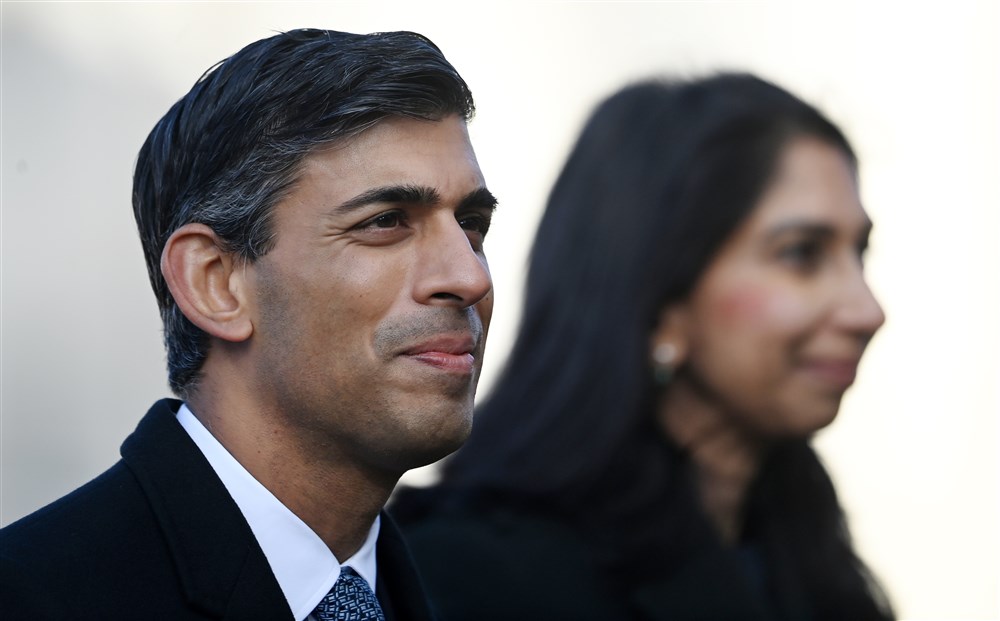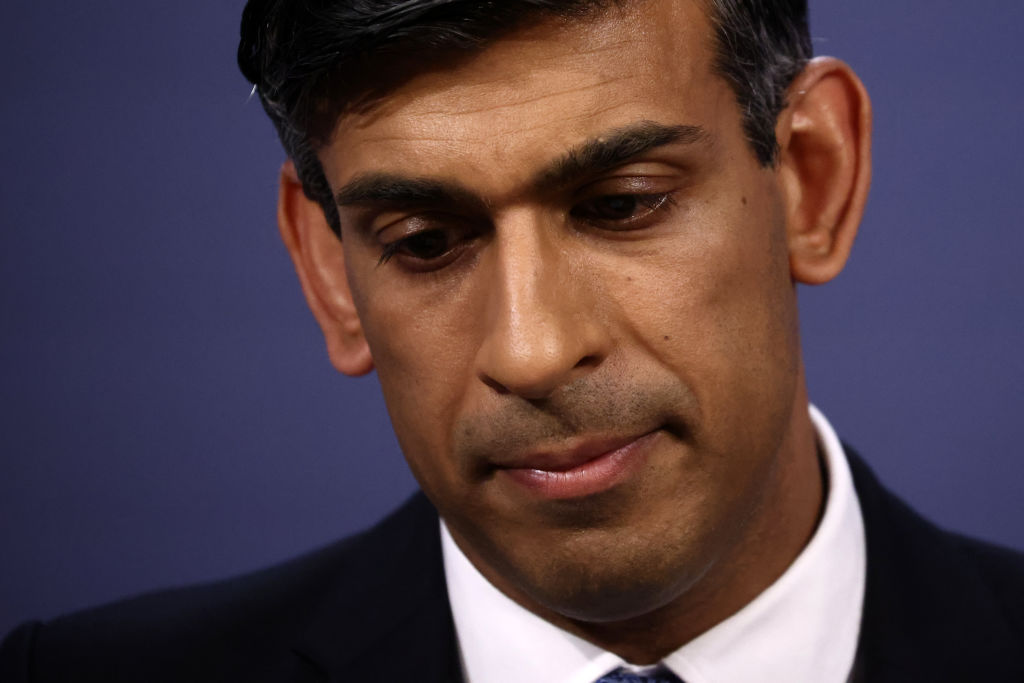The UK Labour Government’s much-trumpeted reset with the European Union has been dismissed by a leading think-tank as “not the product of a party which has thought deeply” about Britain’s future with the bloc.
“The evidence strongly suggests Labour does not have a long-term vision for the EU relationship,” according to Joël Reland in an analysis by the think-tank UK in a Changing Europe (UKICE) released on September 23.
In its proposed “reset with the EU” in its election manifesto, Labour committed to “tearing down the barriers to trade” created by the UK-EU Trade and Cooperation Agreement (TCA).
“But, in truth, it is hoping to gently nudge at a few,” said Reland. “None of the three proposals in the Labour manifesto [a veterinary agreement, mutual recognition of qualifications and help for touring artists] are going to do much to help the new government’s dash for economic growth.
“Its eclectic mix of economic proposals read like they were generated by surveying businesses about their own particular Brexit qualms,” he said.
“They are not the product of a party which has thought deeply about which changes would be most economically impactful or easiest to negotiate as a first step.
“When viewed though a wider lens, it becomes apparent that Labour’s ‘reset’ in fact looks more like ‘continuity [of former UK prime minister Rishi] Sunak’.”
The UKICE senior researcher argued that Labour’s EU policy still felt “very ad hoc” branding; the kind of “sticking-plaster politics”, once derided by current Prime Minister Keir Starmer and warned that the approach stood squarely at odds with the “highly legalistic and process-driven” EU.
“If the party does indeed want a meaningful reset of relations, it is going to have to start thinking much more carefully about how it navigates those EU structures,” Reland said.
“The old British habit of muddling through will not cut the mustard.”
He said what he called Labour’s erroneous dismissal of the EU’s proposal for a youth mobility agreement as a “return to free movement” – the European Commission’s major ask in any negotiation – suggested “a party poorly attuned to the politics of Brussels and without a clear negotiating strategy”.
The head of UKICE, Anand Menon, told Labour’s annual conference beginning on September 22 that Brussels’s ever-evolving framework made the UK ever rejoining the EU less likely every day.
“In the eight years since our referendum, the EU has changed fundamentally and in many ways has changed fundamentally in ways we do not like,” Menon said at a Labour Movement for Europe’s fringe conference event in Liverpool.
“The longer we are out, the longer we are not around the table stopping that happening.”
Menon told the largely pro-EU audience: “Let’s not pretend that Single Market membership doesn’t come with costs, because it does.
“There is a democratic cost of being a rule-taker, a democratic cost that Norway can live with because the Norwegian economy is essentially fish and oil and they’re essentially excluded from the terms of their EU membership.
“For an economy like ours, having other people setting the rules governing our economy is politically problematic and also economically problematic because it consigns us to live under rules that are set for economies other than our own,” Reland concluded.





